Case study:
Dorset Peatland Partnership (subgroup of the Dorset Catchment Partnership) enabling the restoration of sixteen sites across Dorset.
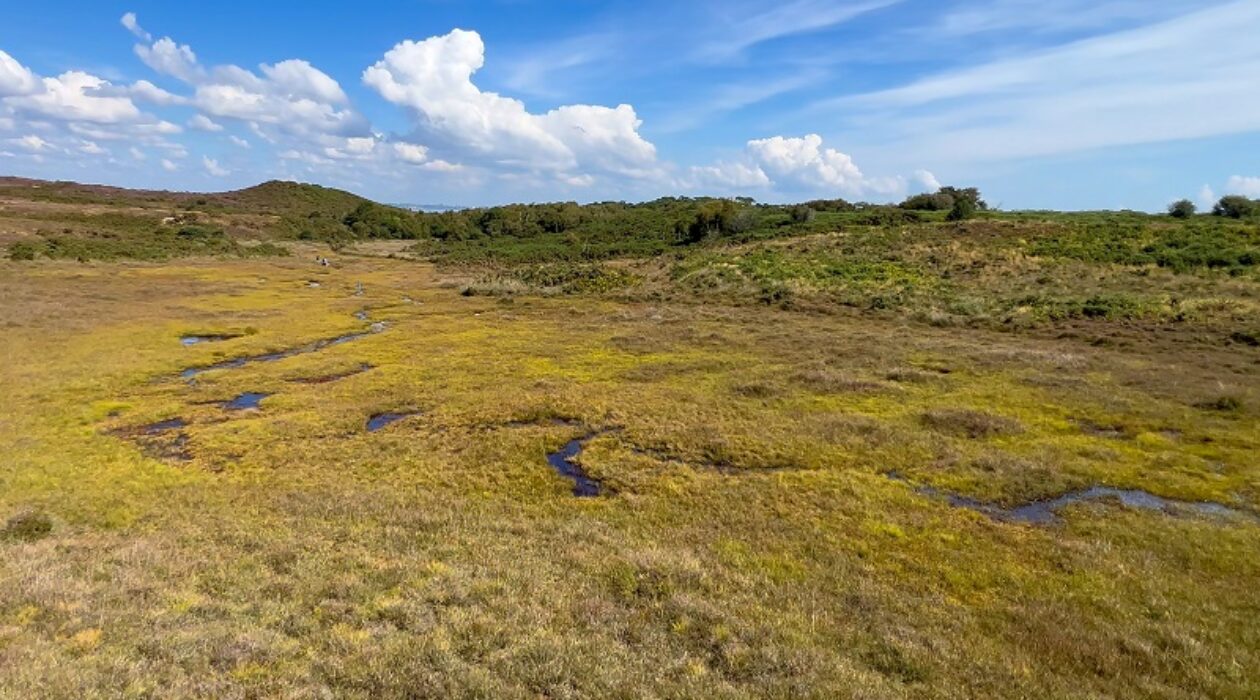
Dorset Peatland Partnership (subgroup of the Dorset Catchment Partnership) enabling the restoration of sixteen sites across Dorset.

This project was awarded Wytch Farm Landscape Access and Enhancement Fund support in November 2023. The Purbeck heath sites and element of the project are within the ‘High & Intermediate priority’ target areas. The project met the ‘Landscape & Biodiversity’ criteria for funding.
Grant awarded: £108,120.36
Other sources of funding: Nature for Climate Peatland Grant Scheme, Partner Match
% of total project costs: 21%
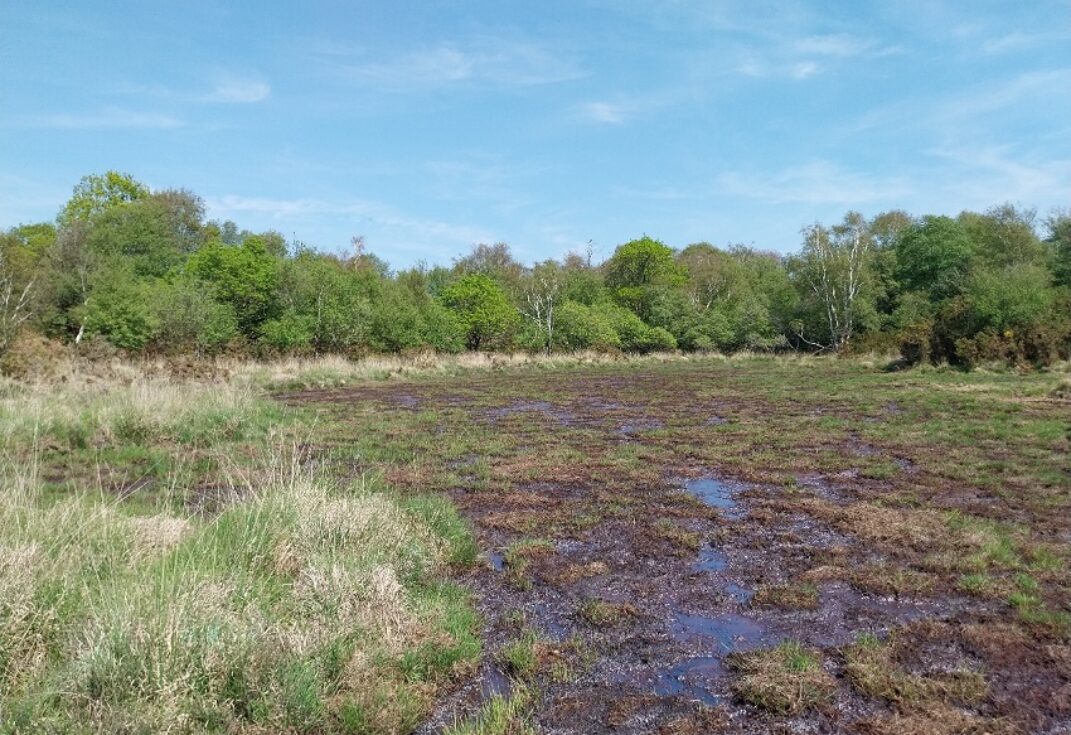
The Dorset peat project has collaboratively worked with landowners and stakeholders to identify a total of sixteen sites across Dorset which will be hydrologically improved by reversing historic drainage to allow sites to be rewetted and to support the formation of peat forming habitats and expand our terrestrial wetland ecosystems in Dorset.
We are seeking funding to carry out future restoration works which will be a combination of the following peatland restoration techniques:
The Wytch Farm landscape and Access Enhancement funding will be spent on capital works to carry out these interventions using experienced wetland restoration contractors.
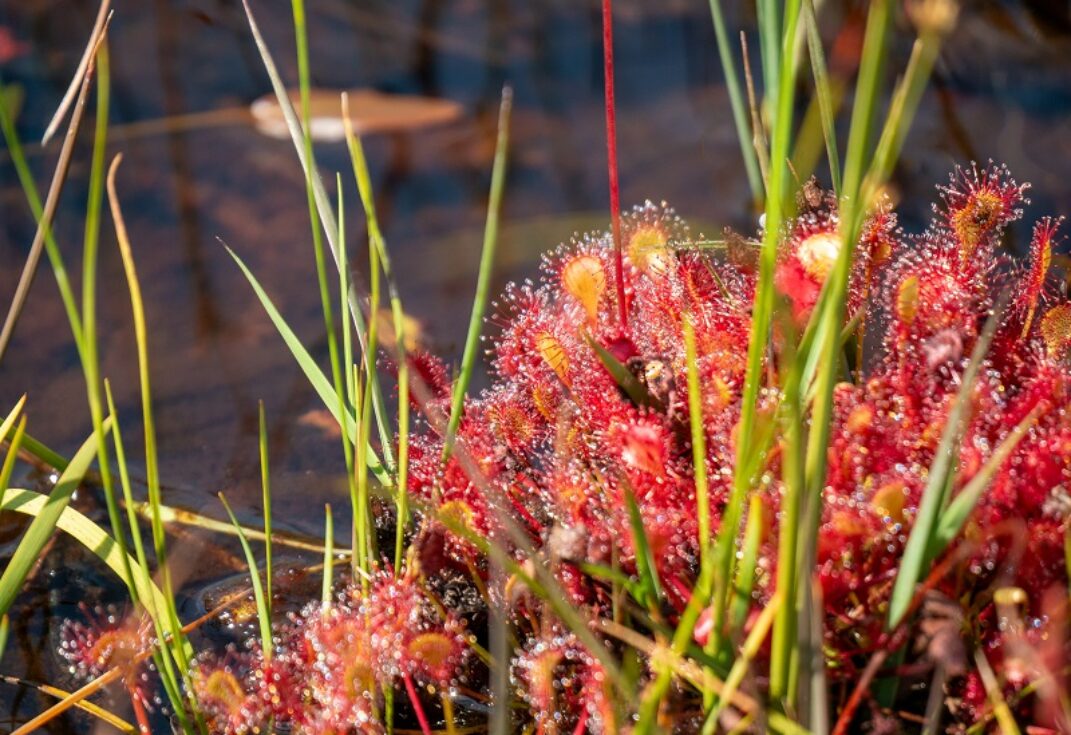
An excellent example of what has been completed to date is the work undertaken at Aggleston and Greenlands mire in the 2024:
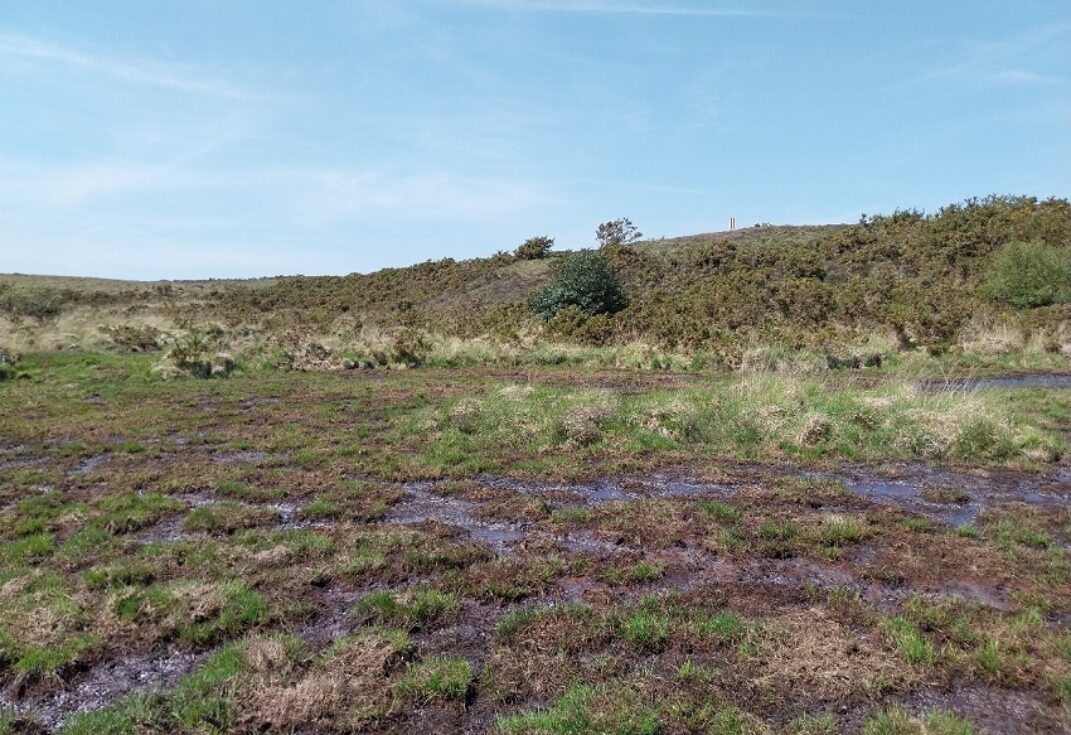
This project will:
Expand area of peatland habitat across six sites with total 60.7 ha within the highest priority area.
Re-establishment of the hydrological connectivity, increasing ground water levels.
Provide the right conditions for the formation of peat forming habitats.
Encourage Sphagnum Moss (locking up three times as much water as its own weight).
Retain the rich biodiversity of wildlife with bog and mire indicator plant species.
Plus: Monitoring and data collection coordinated between the Dorset Peat Partnership using volunteers and citizen scientists.
3-month internship to an MSC student from Exeter University for their Global Sustainability solution Project.
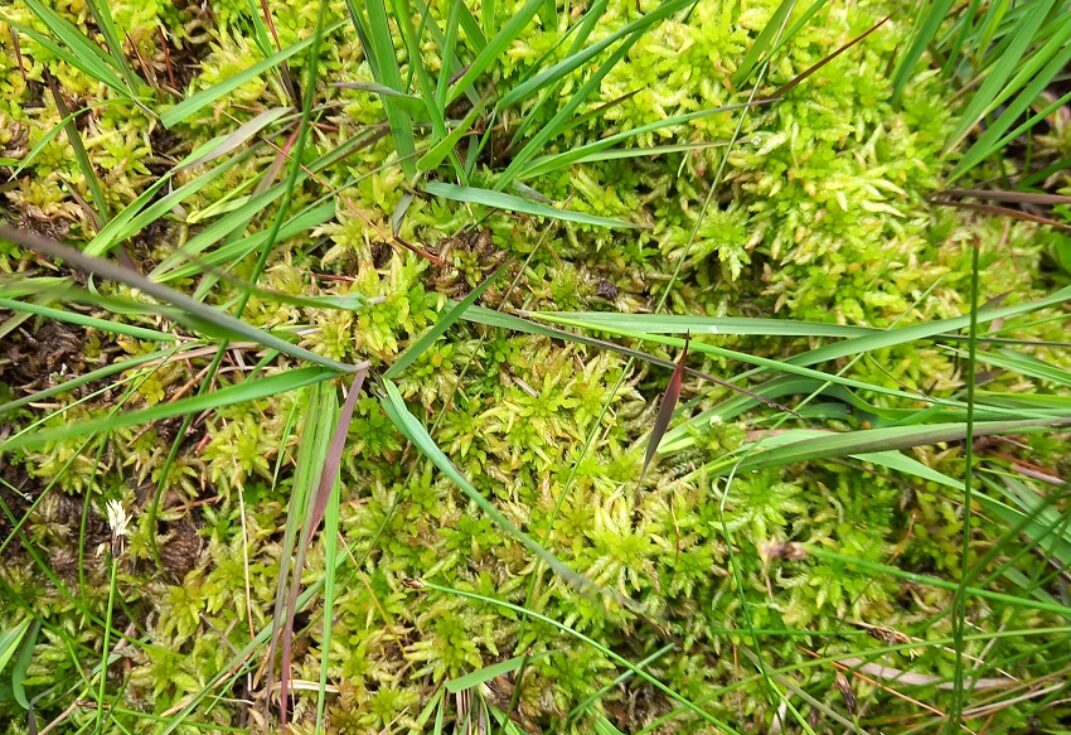
This project will support the governments targets to tackle impacts of climate change as outlined in the 25 Year Environment plan by setting degraded peat on a path to restoration and to reduce greenhouse gas emissions from peat by 2050.
In addition, peatland restoration projects like this also deliver wider environmental and social benefits by; enhancing ecosystems and biodiversity, improve water quality, provide natural flood management, protect the historic environment, contribute to nature recovery, and giving opportunities for people to connect with nature.
Find out more about how the project is unfolding on Dorset Wildlife Trust StoryMap webpage and the aims and work of the Dorset Peat Partnership.